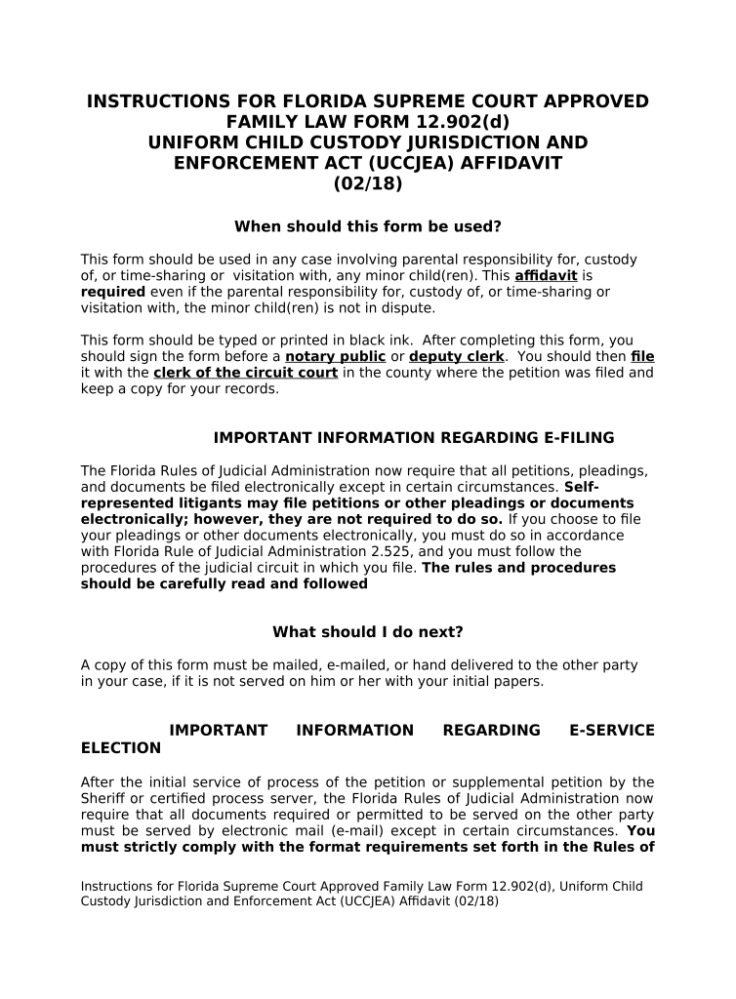Florida Child Custody Laws 50/50 Explained
Florida child custody laws focus on the best interests of the child when determining custody arrangements. Understanding these laws is essential for parents navigating the custody process. The state offers two main types of custody: legal custody, which involves decision-making rights regarding the child’s upbringing, and physical custody, which refers to where the child lives. In many cases, the goal is to foster a relationship between both parents and the child. The law encourages shared parenting, emphasizing the importance of maintaining a connection with both parents whenever possible.
What is 50/50 Custody

50/50 custody, often called shared custody or joint custody, means that both parents share equal time with their child. This arrangement is designed to ensure that the child spends significant time with each parent, promoting a balanced relationship. Typically, the time can be divided evenly, allowing the child to live in both homes. Here are some key points about 50/50 custody:
- Equal Time: Each parent has the child for an equal amount of time, often split weekly or bi-weekly.
- Co-Parenting: Both parents must communicate effectively to manage schedules and decisions.
- Flexibility: Arrangements can be adjusted based on the child’s needs and parents’ schedules.
Factors Influencing 50/50 Custody Arrangements
Several factors can influence whether a 50/50 custody arrangement is suitable for your family. Here are some of the most important considerations:
- Child’s Age: Younger children may require more stability, while older children might express preferences about living arrangements.
- Parental Cooperation: Successful 50/50 custody depends on how well parents communicate and work together.
- Living Situations: Proximity of homes can impact how easily transitions between parents can occur.
- Child’s Needs: Consider any special needs the child may have that could influence custody decisions.
- Parental Involvement: The extent to which each parent has been involved in the child’s life can affect custody arrangements.
Ultimately, Florida courts prioritize the child’s best interests when determining custody arrangements, aiming to provide stability and continuity in their lives.
Benefits of 50/50 Custody for Children
Choosing a 50/50 custody arrangement can provide numerous benefits for children. This setup allows children to maintain strong relationships with both parents, which can contribute positively to their emotional and social development. Here are some key advantages of 50/50 custody:
- Balanced Relationships: Children have the opportunity to develop meaningful connections with both parents, which is vital for their emotional health.
- Consistent Parenting: Shared custody often leads to more consistent parenting styles, as both parents are involved in daily routines and decision-making.
- Reduced Stress: When children know they will spend time with both parents, it can reduce anxiety and stress related to separation.
- Better Adjustment: Children in shared custody arrangements often adapt better to changes, feeling supported by both parents.
- Enhanced Support: With both parents involved, children can receive emotional and logistical support from two sources instead of one.
Overall, a 50/50 custody arrangement fosters a nurturing environment, allowing children to thrive emotionally, socially, and academically.
Challenges of Implementing 50/50 Custody
While 50/50 custody has many advantages, it can also come with challenges that parents need to address. Here are some common issues:
- Communication Issues: Effective communication between parents is crucial. If parents struggle to communicate, it can lead to conflicts.
- Logistical Challenges: Coordinating schedules, transportation, and other logistics can become complicated with two households.
- Emotional Strain: Both parents may experience emotional strain, especially if they have unresolved conflicts.
- Adjustment Period: Children might face an adjustment period as they transition between two homes, which can be difficult initially.
- Legal Hurdles: Establishing a 50/50 custody agreement may require legal processes, including court hearings and mediation.
By acknowledging and addressing these challenges, parents can create a more positive experience for their children during this transition.
How to Request a 50/50 Custody Arrangement
Requesting a 50/50 custody arrangement involves several steps, and it’s essential to approach this process thoughtfully. Here’s a guide on how to proceed:
- Gather Information: Understand Florida custody laws and how they apply to your situation. Research the benefits and challenges of 50/50 custody.
- Communicate with Your Co-Parent: Discuss your desire for a 50/50 arrangement with your co-parent. Open communication can help both parties feel heard and understood.
- Create a Parenting Plan: Draft a detailed parenting plan outlining the proposed schedule, decision-making responsibilities, and how to handle disputes.
- Consider Mediation: If you and your co-parent can’t agree, consider mediation. A neutral third party can facilitate discussions and help reach a consensus.
- File a Petition: If an agreement is reached, file a petition for modification of custody with the court, including the proposed parenting plan.
- Attend Court Hearings: Be prepared to present your case in court. Focus on how the 50/50 arrangement serves the child’s best interests.
By following these steps, you can effectively request a 50/50 custody arrangement that benefits both you and your child.
Modifying Custody Agreements in Florida
Modifying custody agreements in Florida is a process that allows parents to adjust their arrangements as circumstances change. Life is unpredictable, and what works for your family now may not be suitable in the future. Understanding how to navigate this process is crucial for ensuring the best interests of your child are met. Here’s a breakdown of what you need to know:
- Grounds for Modification: You can request a modification if there’s a significant change in circumstances, such as a job relocation, changes in the child’s needs, or the emergence of safety concerns.
- Filing a Petition: To initiate a modification, file a petition with the court that issued the original custody order. Include details about why the change is necessary.
- Documentation: Gather evidence that supports your request. This could include financial statements, school records, or documentation of any changes in the child’s behavior.
- Legal Representation: While not mandatory, having a lawyer can help navigate the complexities of custody law and improve your chances of a favorable outcome.
- Court Hearing: Be prepared to attend a court hearing. Both parents will present their case, and the judge will consider what’s in the best interests of the child before making a decision.
Being proactive and organized can help make the modification process smoother for everyone involved.
Frequently Asked Questions about Florida Child Custody Laws
When it comes to child custody in Florida, many parents have questions. Here are some frequently asked questions that can provide clarity:
- What is the difference between legal and physical custody? Legal custody involves decision-making rights regarding the child’s upbringing, while physical custody determines where the child lives.
- Can custody arrangements be changed? Yes, custody arrangements can be modified if there’s a significant change in circumstances affecting the child’s well-being.
- Is 50/50 custody common in Florida? Yes, many families opt for 50/50 custody arrangements, as they support shared parenting and maintaining relationships with both parents.
- How does the court decide custody? The court evaluates various factors, including the child’s best interests, parental cooperation, and the living situation of each parent.
- What if my co-parent and I cannot agree on a custody plan? Consider mediation or seek assistance from a family law attorney to help resolve disputes amicably.
Understanding these common questions can help parents feel more prepared as they navigate the custody process.
Conclusion on 50/50 Custody in Florida
In conclusion, 50/50 custody arrangements in Florida offer a viable option for many families. They promote shared parenting, allowing children to maintain strong relationships with both parents. While there are challenges, the benefits often outweigh them when parents communicate effectively and prioritize their child’s needs. As you consider a 50/50 custody arrangement, remember the importance of creating a solid parenting plan and being willing to adapt as necessary. Whether you are in the process of establishing or modifying custody, focusing on what’s best for your child will lead to a healthier family dynamic and a brighter future.


